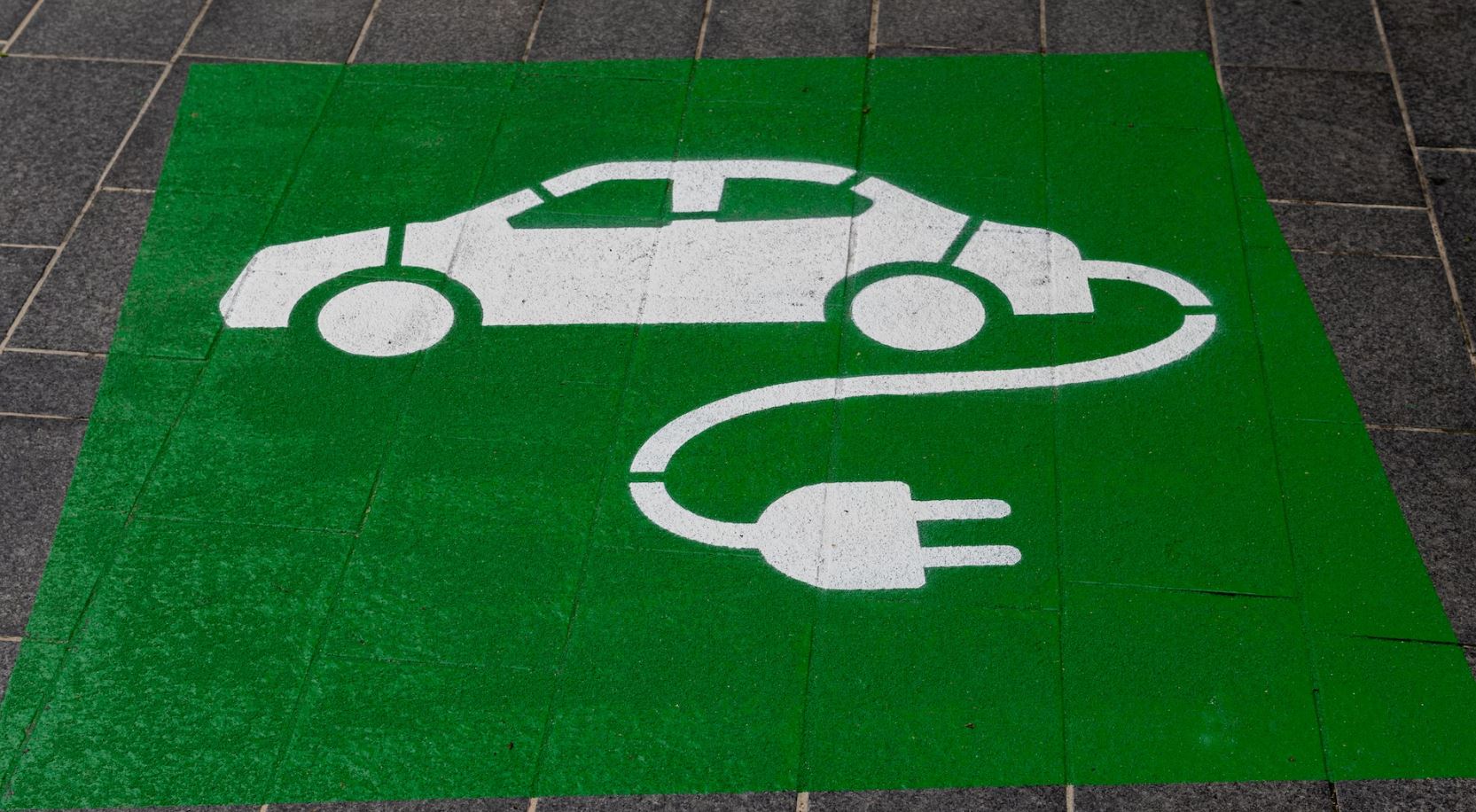EVs May Not Qualify for New Tax Credit

Credit: Unsplash
Carmakers expressed concerns that most EV owners wouldn’t be able to use the credit.
Last week, the United States Senate passed the landmark Inflation Reduction Act, a bill intended to address climate change concerns, health care costs, general inflation, and more. One of the provisos of this new bill is a $7,500 tax credit rebate intended to encourage consumers to switch to electric vehicles. However, according to automotive companies, this tax credit may not be all that helpful.
On Sunday, the Alliance for Automotive Innovation, a coalition of carmakers including Ford, General Motors and Toyota, released a statement expressing concerns that the majority of EVs in the US will be ineligible for the tax credit. According to John Bozzella, president and CEO of the Alliance for Automotive Innovation, around 70% of EVs would be completely ineligible for the credit, and none of the remaining 30% would qualify for the whole thing.
“That’s a missed opportunity at a crucial time and a change that will surprise and disappoint customers in the market for a new vehicle,” Bozzella said in a statement.
A tax credit of up to $7,500 may be used to defray the cost of an electric vehicle under new legislation moving toward final approval in Congress. But the auto industry says most electric vehicle purchases won't qualify for a credit that large. https://t.co/kXmJ7rWCs0
— The Associated Press (@AP) August 9, 2022
In a separate statement on the Alliance for Automotive Innovation blog, Bozzella said that the tax credit would not provide the necessary encouragement to consumers to buy EVs. “A more gradual phase in of the battery component, critical mineral and final assembly requirements – that better reflect current geopolitical, sourcing and mineral extraction realities – will preserve the credit for millions of Americans and keep the country focused on building domestic supply chains able to support our electrified transportation future,” he wrote.



















